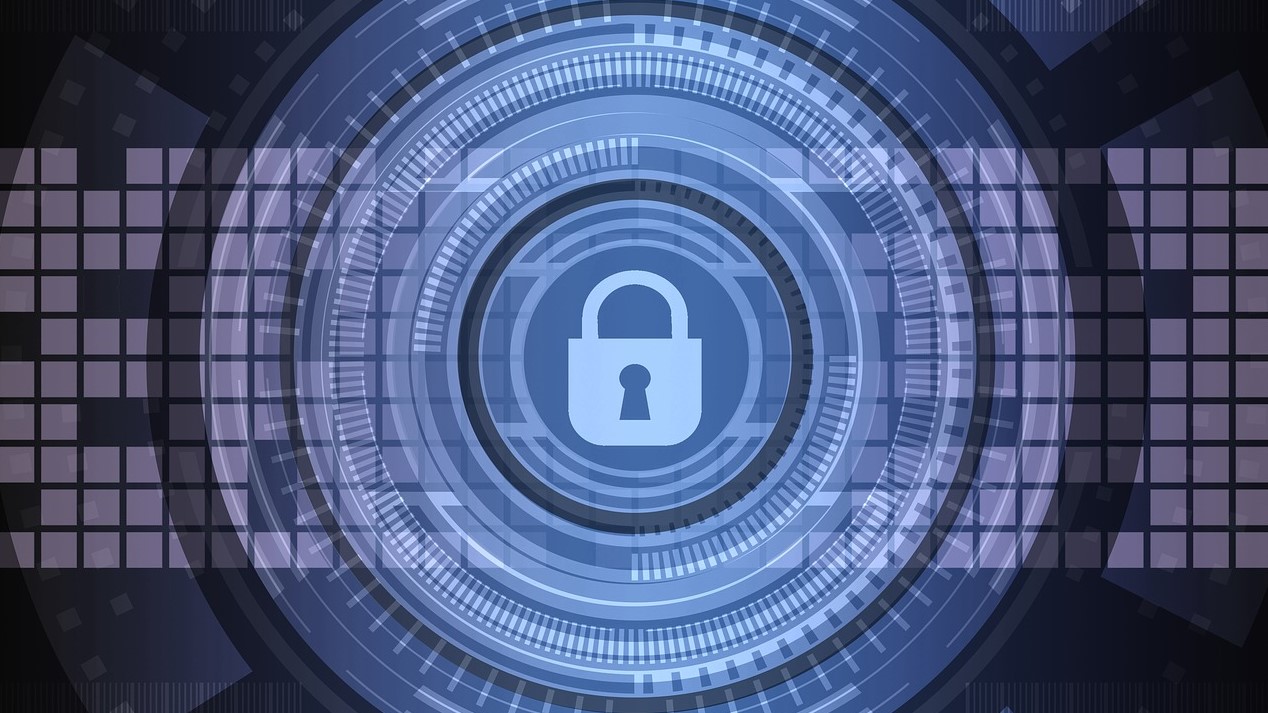
Share to Facebook Share to Twitter Share to Linkedin Hangover anxiety can cast dark clouds over an already sad series of events. Here’s how you can deal ..
. [+] with the waves of anxiety that visit you after a night of excessive alcohol consumption. getty The morning after a night out can be rough—grappling with a pounding headache, nausea and a tidal wave of anxiety.

The euphoria of alcohol returns with a vengeance, exacting its toll as you sift through last night’s memories, cringing at potential missteps and feeling an overwhelming sense of dread and regret over the things you said. The accompanying sense of doom makes you want to disappear into oblivion, though the way you feel right now might make it seem like you’re already halfway there. This combination of a hangover and anxiety, popularly known as "hangxiety," can be an all-too-familiar scenario for many.
If that’s you, then you’re not alone, and understanding the underlying causes can help you manage it better. What’s Hangxiety? Hangxiety refers to the anxious feelings that often accompany a hangover. While a hangover’s physical symptoms—such as headache, nausea and dehydration—are well-known, hangxiety adds a layer of psychological distress, including feelings of guilt, regret and nervousness about one’s actions while intoxicated.
While hangovers are a common consequence of heavy alcohol consumption, only a small percentage of individuals experience anxiety as part of their hangover symptoms. .















